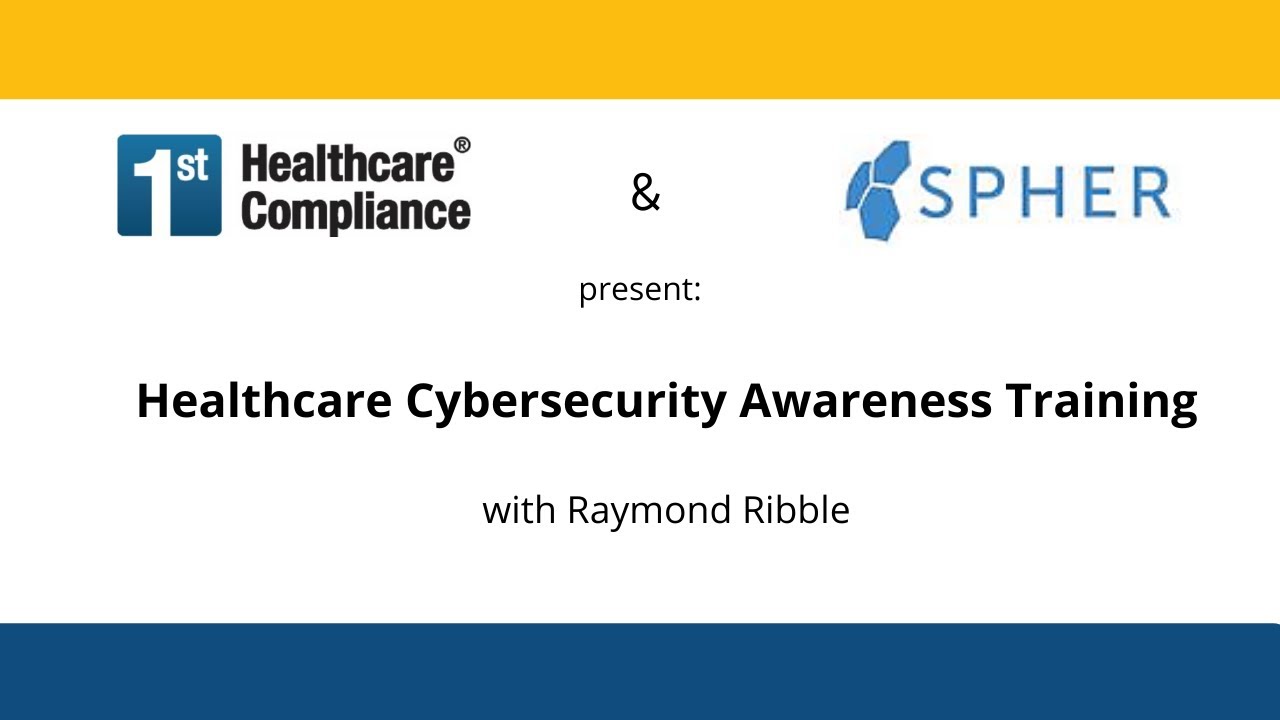Are Your Patients Involved In Medical Record Accuracy?
Under HIPAA Privacy Rules, every individual has the right to request an amendment to their protected health information (PHI) if thought to contain inaccuracies. The healthcare provider or health plan must respond to the request but is not obligated to make the correction if they do not agree with the individual’s request. Documentation of this dispute should include a statement of the disagreement from the individual and should also be provided with any subsequent disclosure of that part of the PHI. The covered entity has up to 60 days to act on an amendment request and may receive an additional 30 days under some circumstances.
Proactive patient engagement in the process of medical record accuracy can be more easily achieved with EHR. In National Opinion Research Center’s report to the Office of the National Coordinator for Health Information Technology “Demonstrating the Effectiveness of Patient Feedback in Improving the Accuracy of Medical Records”, patients want to be involved in the process and provide feedback to ultimately achieve the most accurate and up to date information. This could only improve quality of care and increase overall patient safety.The majority of patients in two of the studies reported errors in their medication lists whereas other studies noted medication omissions. Inaccurate information in the patient record was very common with inclusion of discontinued medications on current medication list topping the list.
The Geisinger Pilot study sent the patients an electronic link to a medication feedback form containing the current active medication list from their EHR. Patients would select medications they were no longer taking, add any medications not listed and note any medications they were taking differently than the listed instructions. These feedback forms were reviewed by the Geisinger pharmacist who would make a reasonable attempt to discuss discrepancies directly with the patient prior to updating the EHR and notifying the patient’s physician of any corrections.
Key findings outlined in the NORC report on the Geisinger Pilot
-Patients are eager to provide feedback on their medication data and see numerous advantages
-Patients can provide useful and accurate information through online feedback systems
-Processing patient feedback will require both software and human adjudication
-Acceptance of online patient feedback system is more likely to work if there is an existing supportive e-health/online health environment
-Software can facilitate the HIPAA goals of access and amendment
Other advantages of providing this level of patient engagement are outlined in the Open Notes project published in the Annals Of Internal Medicine. Patients with access to their record felt more in control of their care, reported a better understanding of their health and were more likely to take their medications as prescribed. This collaboration between the patient and the provider should ultimately improve the quality of the patient’s care.





